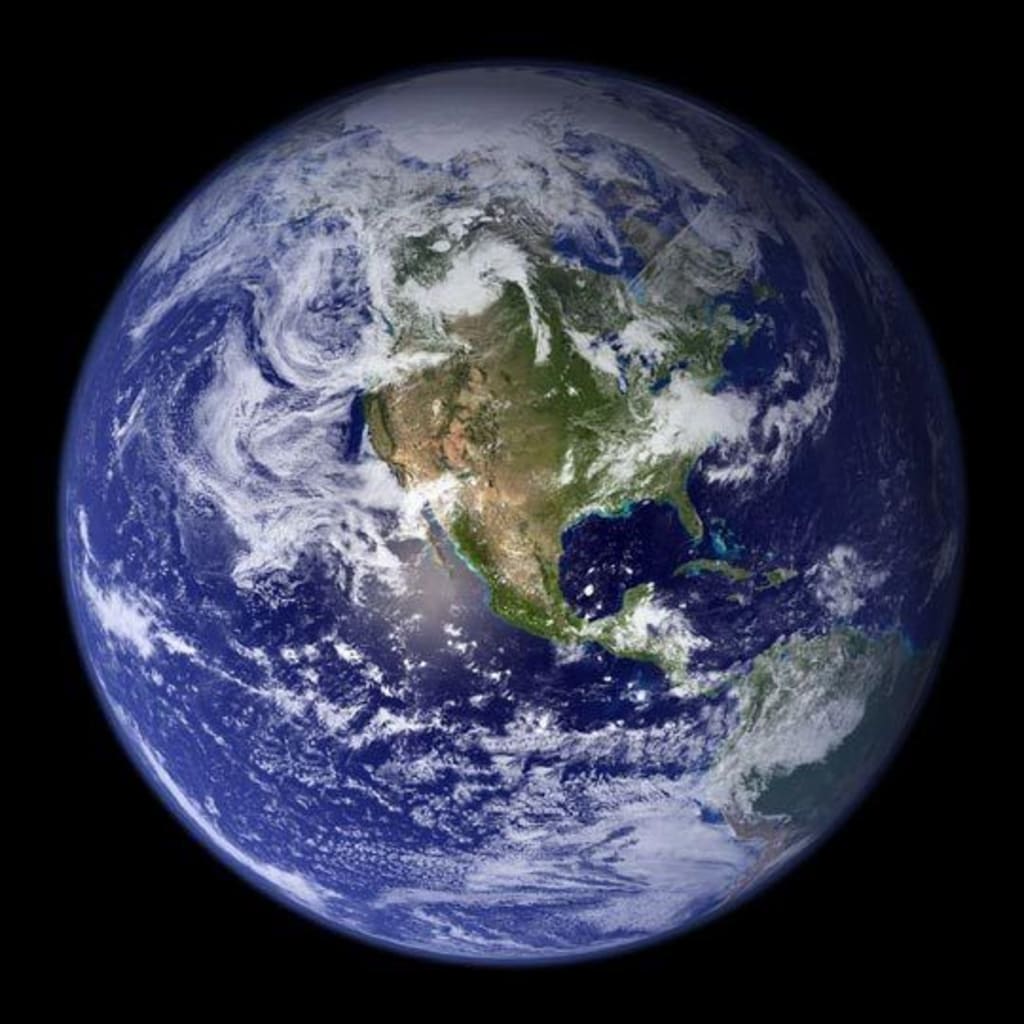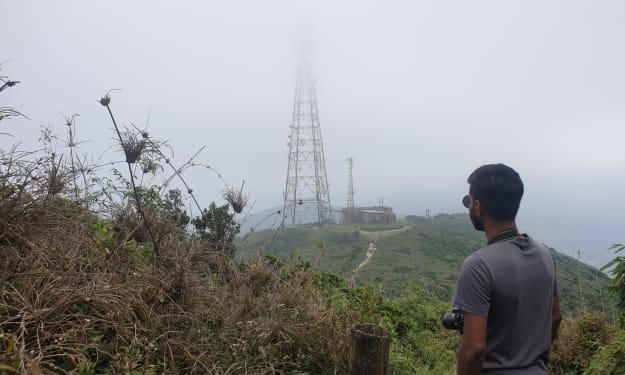Earth's Historical Climate Lessons and Urgent Calls for Action
Lessons from Earth's Ancient Climates

In the waning days of the Akkadian Empire in Mesopotamia over four millennia ago, a devastating drought gripped the region. This drought, believed to have been sparked by a distant volcanic eruption, wreaked havoc on local agriculture and extended its grasp as far as Greece and present-day Pakistan. A contemporaneous text known as "The Curse of Akkad" chronicled the grim reality, describing how once-fertile lands yielded no grain, irrigated orchards produced no syrup or wine, and rain remained an elusive commodity. This catastrophe marked the decline of prosperous farmlands in the northern region of the empire, prompting a southward migration. In response, the southern Akkadians constructed a formidable 150-kilometer-long wall, spanning between the Tigris and Euphrates rivers, to prevent the influx of migrants. Regrettably, this move proved futile, and history witnessed the crumbling of its first empire due to a relentless thirst for water.
The stability of climate systems and civilizations, as history has repeatedly shown, possesses inherent limitations. In his thought-provoking book, "Our Fragile Moment," eminent climate scientist Michael Mann underscores that contemporary society is treading perilously close to these limits.
Mann's work delves into a comprehensive examination of global climate change episodes spanning an astonishing 4.5 billion years. These episodes encompass eras of scorching heat and periods characterized by extensive ice cover. With each instance, Mann extracts invaluable insights into Earth's responses to shifting climates. These responses have sometimes led to dramatic mass extinctions or profound geological transformations. The Akkadian Empire's collapse serves as a stark reminder of how climate change can usher in societal collapse.
Earth's climate system harbors natural regulatory mechanisms designed to mitigate minor climate fluctuations. Examples include ice caps and low-lying clouds, which reflect sunlight and contribute to cooling the planet. However, as Mann aptly notes, excessive disruptions can overwhelm these regulatory mechanisms, resulting in uncontrolled climate shifts.
An illustrative case in point occurred approximately 55 million years ago when a succession of volcanic eruptions emitted substantial amounts of carbon dioxide into the atmosphere, triggering a notable rise in Earth's temperature. This increased warmth might have contributed to the thinning and reduced reflectivity of clouds, exacerbating the warming trend. Ultimately, the low-altitude clouds dissipated, leading to a climate scenario famously referred to as a "Hothouse Earth," where average global temperatures soared to a sweltering 32 degrees Celsius (90 degrees Fahrenheit). At present, with unchecked greenhouse gas emissions, we stand at the precipice of a similar, albeit less extreme, scenario with the possible disappearance of reflective ice caps.
What distinguishes the current era of climate change is its human origin. However, this also bestows upon us the power to address and mitigate its effects. This unique agency provides a glimmer of hope amidst the blame and apprehension. Mann firmly believes that if we act decisively, we can safeguard a world that closely resembles the one we know. He asserts that the limit is not geological or technological but fundamentally political.
Yet, despite the profound themes interwoven throughout the book, "Our Fragile Moment" may not resonate with all readers. Its resolute academic style, replete with technical jargon and an abundance of references to researchers and events, might prove daunting to some. Mann's relentless commitment to precision occasionally comes at the cost of clarity. Nevertheless, for enthusiasts of climate science, the book offers a deep dive into the scientific process, replete with rewarding insights and captivating information, often infused with Mann's characteristic wit and humor.
As the narrative progresses, Mann shifts his focus from historical climates to the present and the foreseeable future. While past climatic shifts provide valuable lessons, the current era, exacerbated by human activity, presents unique challenges. Mann underscores the critical importance of taking action, even in the face of uncertainties in climate science predictions. He asserts that the potential impacts of climate change pose an existential threat, but our ability to act remains intact, and it is this ability that can help preserve our fragile moment in history.





Comments
There are no comments for this story
Be the first to respond and start the conversation.